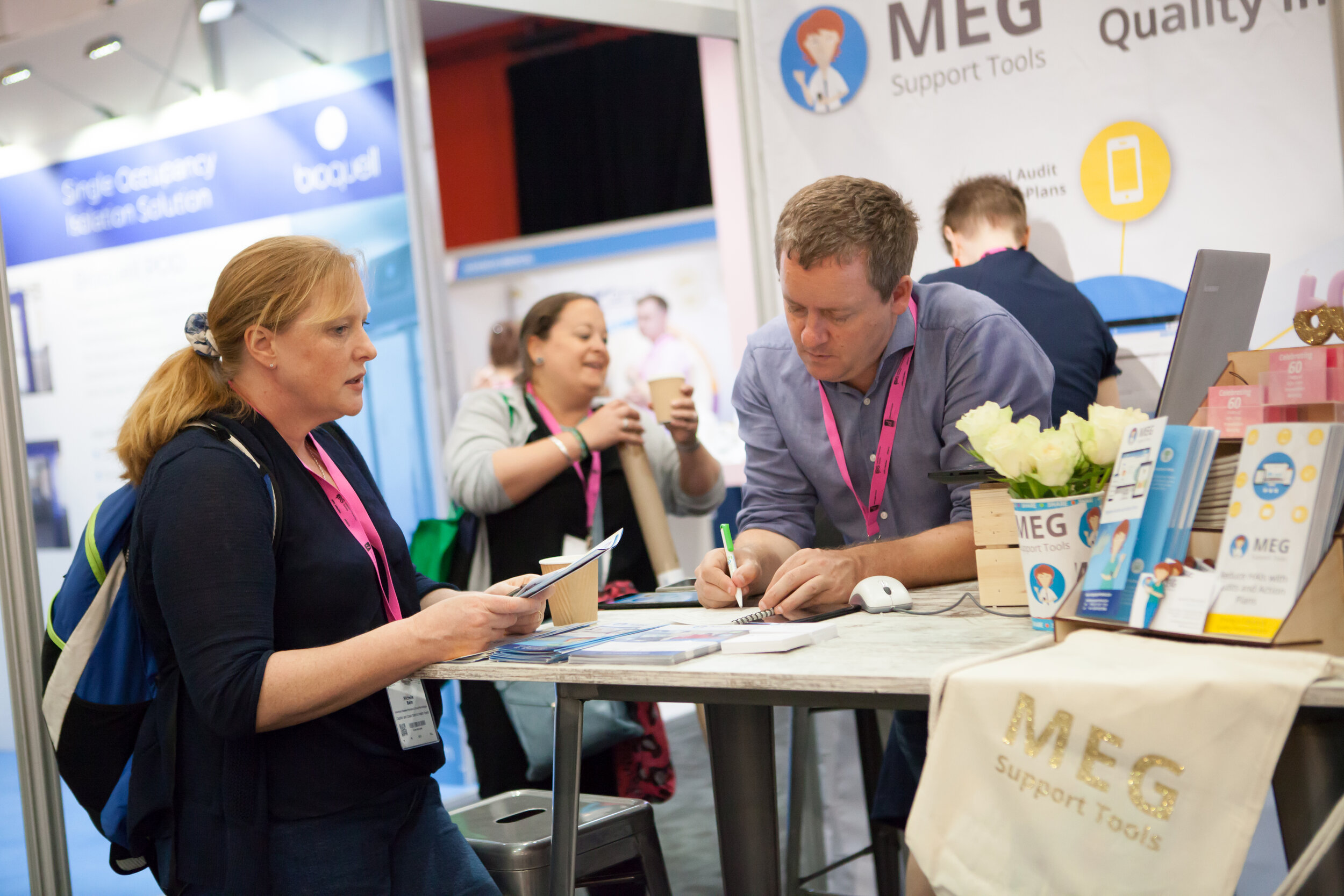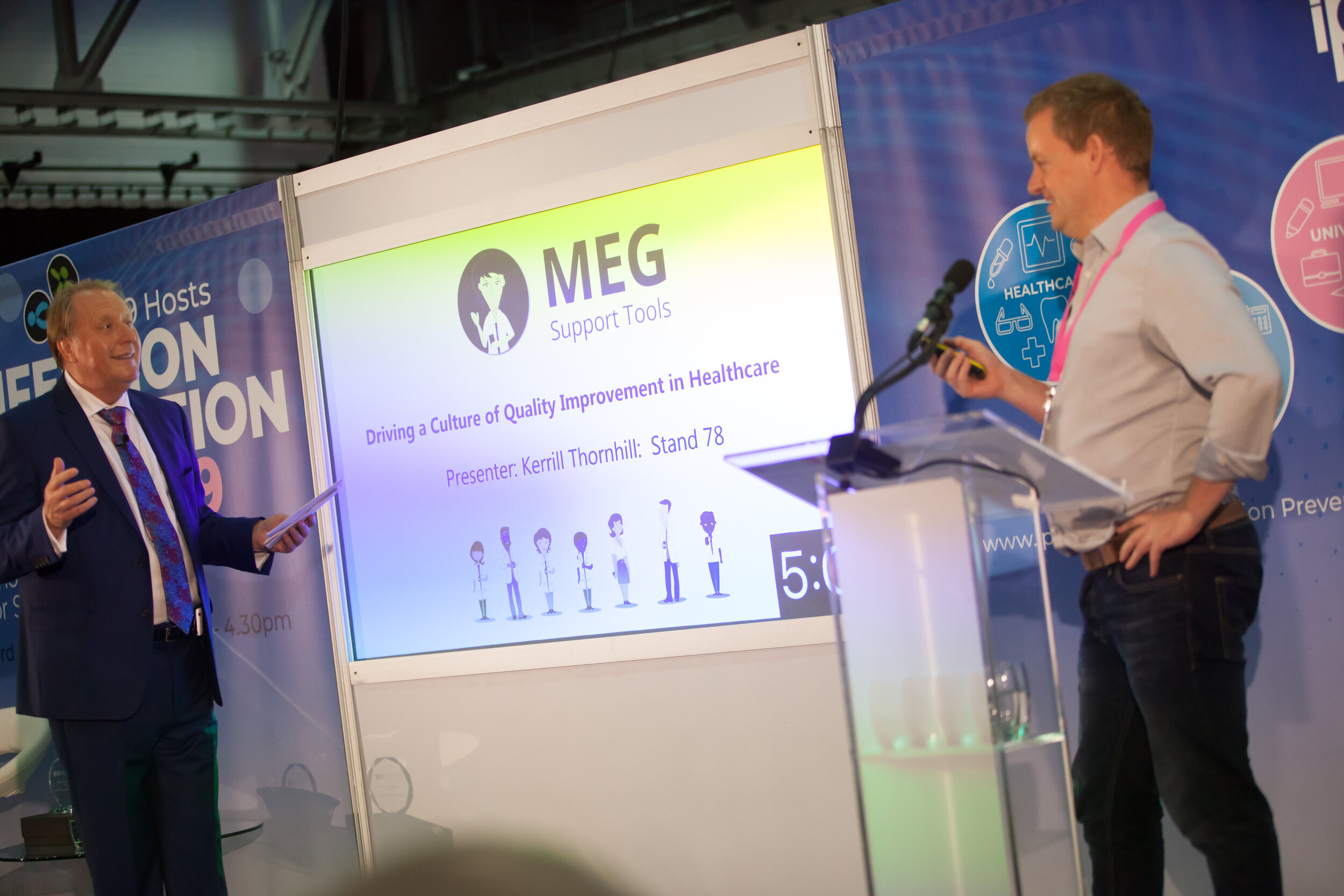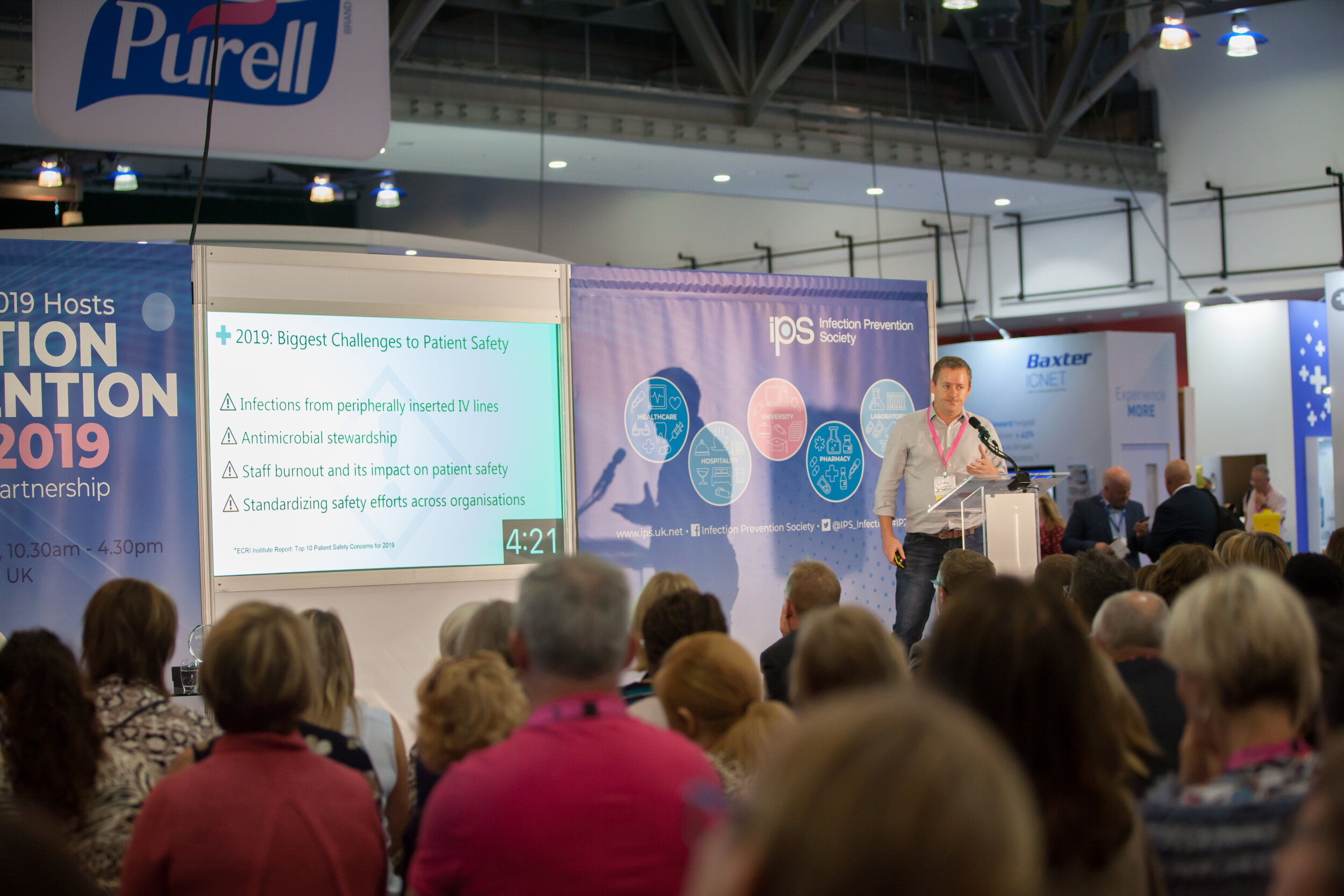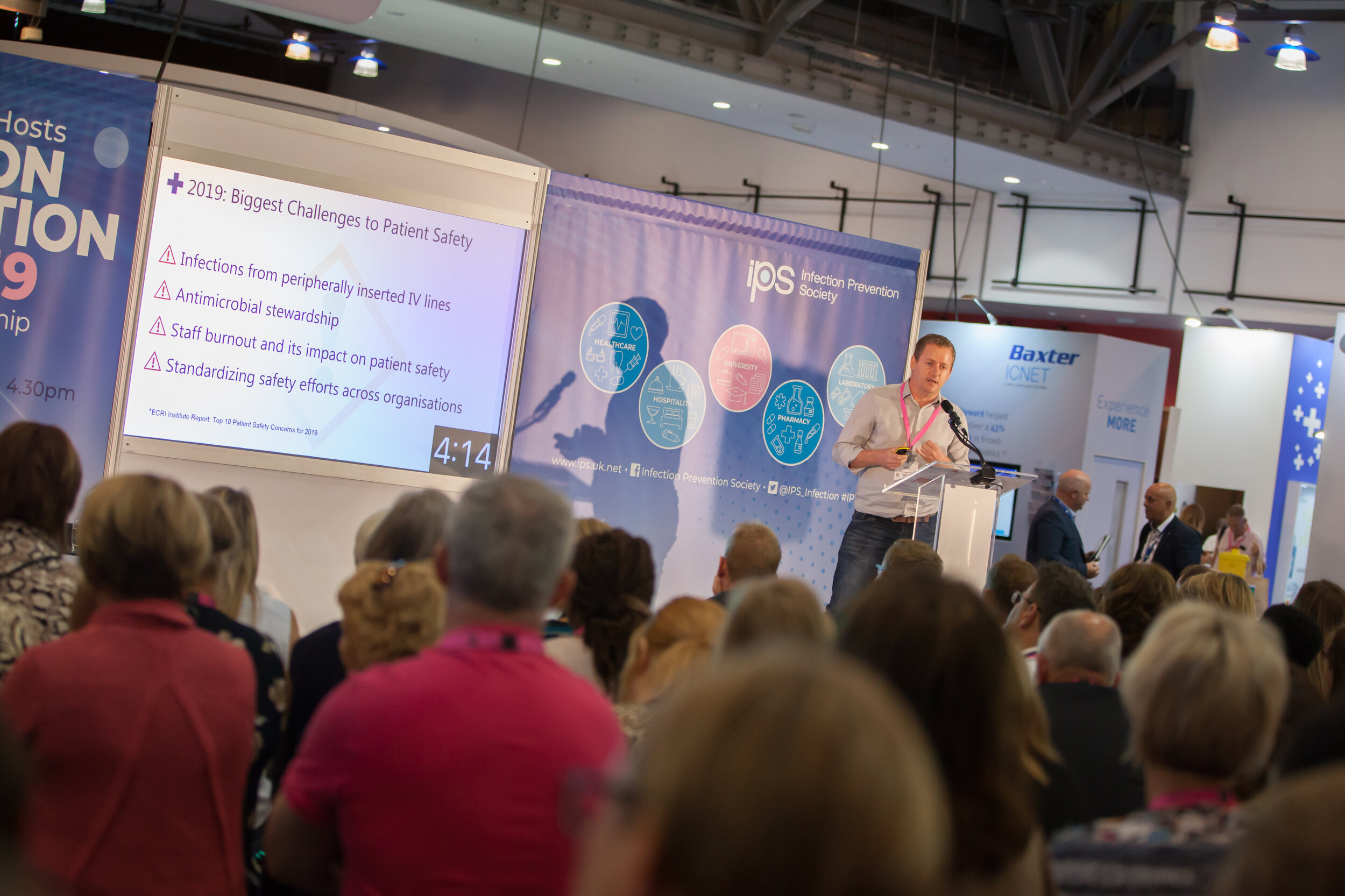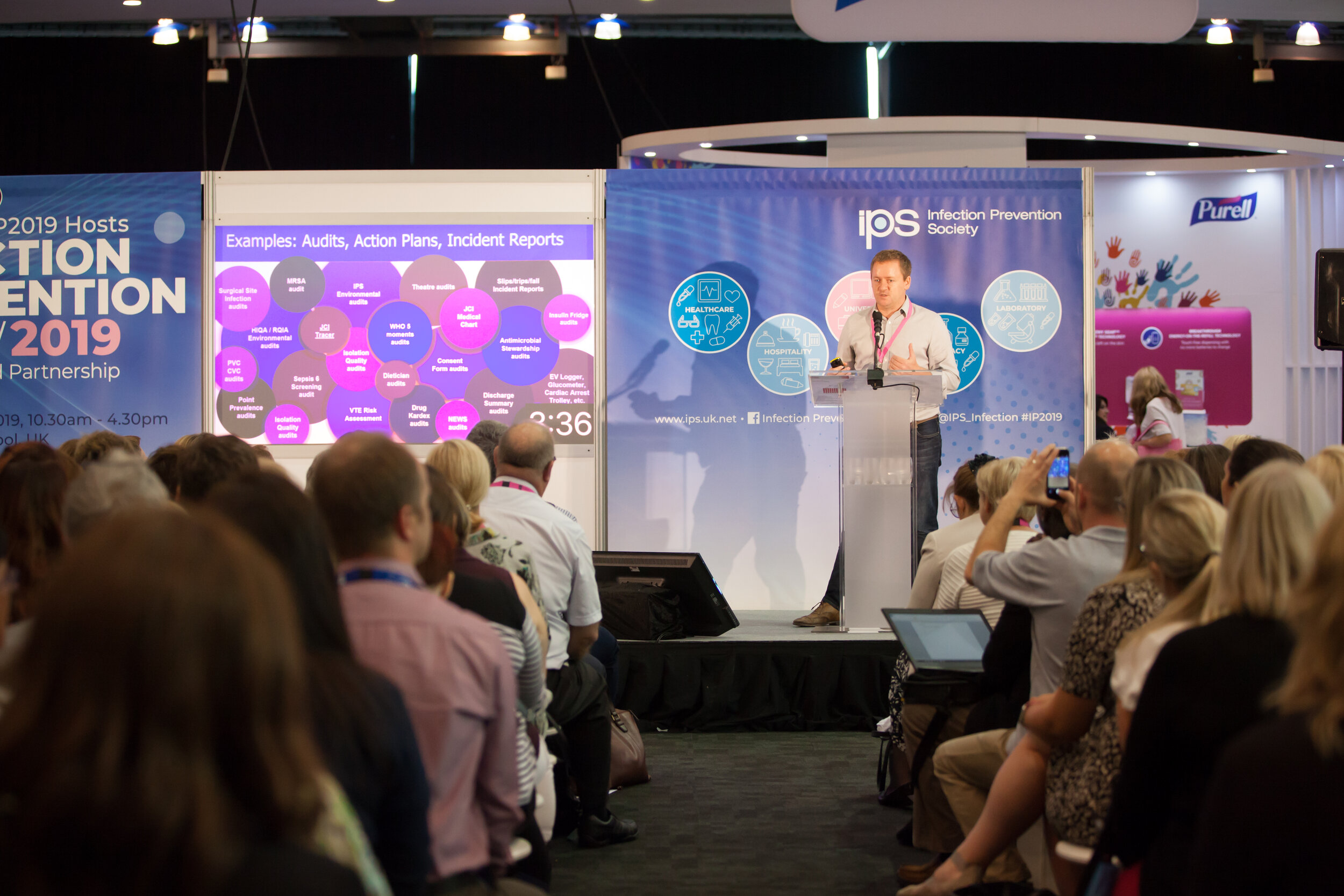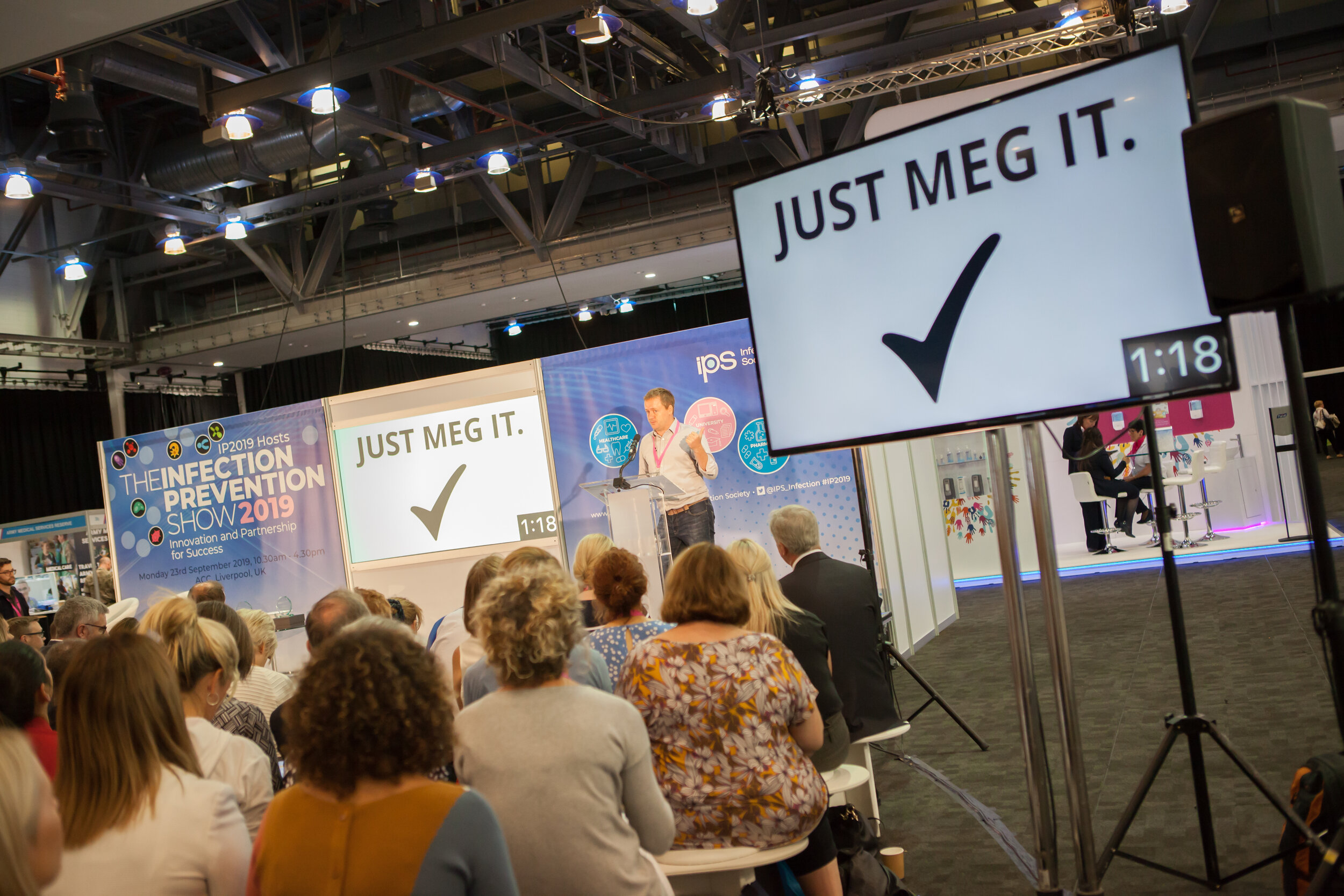On May 20th, the ACIPC hosted a ‘Covid-19 Q&A Panel Discussion’ as part of its GAMA Healthcare and ACIPC COVID-19 Webinar Series.
Chaired by Professor Brett Mitchell, this webinar gave the latest update on COVID-19. The panel consisted of experts from the world of infectious diseases and infection prevention and control: Martin Kiernan, Kathy Dempsey, Dr Andrew Stewardson and Belinda Henderson
Below, five key takeaways from the webinar.
Donning and doffing: does the sequence really matter?
Depending on where in the world you are, there are a few different variations in sequence - and none are incorrect. Overall, the principles are based around making sure staff are kept safe.
Recently, changes to the doffing sequence, in particular, were made in order to reduce the number of times a healthcare worker had to go to the facial area to remove PPE; doffing actions were bundled to reduce this.
Key takeaway:
‘Clean hands, clean face’ is the overriding principle to prevent staff from going anywhere near their faces with dirty hands.
Fit testing or fit checking of masks?
The panel recognised that not all healthcare settings are able to conduct proper fit testing and some hospitals that have implemented it have actually struggled to cope with demand.
Add to the mix, supply issues for certain types of masks and the fact that fit testing can be associated with a lot of wastage of this precious PPE resource, the panel concluded that, in the midst of a pandemic, this was not the right time to start this debate.
Key message:
Fit checking for all masks is essential and should be the standard to aim for.
There was no conclusive evidence that fit testing actually provided superior performance in terms of prevention.
How long do people remain infectious?
Dr Stewardson suggested that perhaps a distinction had to be made about PCRs being positive, as opposed to infectious viruses being shed. Data suggests that people are infectious for around the first 7-10 days from infection onset, with peak transmissibility occurring early on in that period.
Mention was also made of troubling cases of people bring PCR positive (shedding virus) for a really long time and unable to return to work as a result. In the case of healthcare workers, especially, it’s becoming a common problem. A definitive answer sometimes is to try and get a viral culture but that can be quite a challenge in itself.
Immunity and the immune passport - is this a viable answer?
Coronavirus-specific IgE antibodies appear at about 10 days and that coincides with a reduction in viral load and transmissibility, so it looks like an adaptive immune response which is protective against infection. The ‘immune passport’ concept is one where a serological test will reveal people who are positive and identify them as ‘protected’ and able to be safely exposed.
However, there are many groups, including the WHO, who have responded quickly and negatively against this concept. They bring attention to the importance of thinking about what the PCR really means and accepting that that there is still a lot about immunity and this disease that is still unknown:
Not all people who recover from Covid-19 have detectable antibodies (10-20%)
Of those that do, there an unclear relationship between antibodies and functional immunity or protection against virus e.g. the threshold level to establish immunity is unknown
Questions still exist about the duration of immunity, if immunity does exist
Questions about the tests themselves, with a recent report showing 50-60% sensitivity with some of the commercially-available serological tests in Australia.
Key takeaways:
It’s possible that those who test positive on serology are not immune
And it’s possible that those who test negative are immune
Evidence will continue to be gathered in the coming weeks and months but, as for now, it’s hard to be definitive as to what it all means.
Is CPR an aerosol-generating procedure?
Australia has approached this by making a distinction between CPR broadly (differentiating between CPR and advanced CPR with airway management often intubation) and that of chest compressions, with the position that *chest compressions are not an aerosol-generating procedure.
In the absence of conclusive evidence that chest compression/defibrillation is associated with virus transmission, the recommendation being made nationally is that first responder can initiate chest compression and defibrillation with ‘droplet precautions’ in patients with suspected or confirmed Covid-19 infection, while others are donning their ‘airborne precautions’ and enter to take over airways management.
* Below is the systematic review mentioned by the panel that concluded that chest compressions weren’t associated with an increased of SARS transmission and that the risk was actually associated with airway management.
Tran K, Cimon K, Severn M, Pessoa-Silva CL, Conly J. Aerosol generating procedures and risk of transmission of acute respiratory infections to healthcare workers: a systematic review. PLoS One. 2012;7(4):e35797. doi: 10.1371/journal.pone.0035797
Broader thoughts around aerosol-generating procedures…
There was a call for consensus among the professional groups and public health bodies as to what is an aerosol-generating procedure (AGP). It was recognised that this was something that needed to be agreed upon in a time of calm and not one of crisis.
Key takeaway:
Universal consensus on the definition of an AGP is needed. Particular procedures causing confusion (and subsequently PPE supply issues in the UK) as to their status as AGP (or not), include:
Oral suction
Nebulisers
Chest compressions
What vaccines or new treatments are on the horizon…?
Dr Stewardson indicated that lots of therapeutic studies were currently being carried out the moment - but all in the context of clinical trials. The outcomes of these, whether effective or not, are likely to be available before a vaccine.
Key takeaway:
For the moment, the approach to managing the virus is still centred around infection prevention and public health measures.
Click below to learn more about MEG’s Covid-19 Hospital Toolkit - a feature bundle in our QMS software application that current IPC customers find most useful in adapting to the new reality that SARS-CoV-2 on the wards brings.







